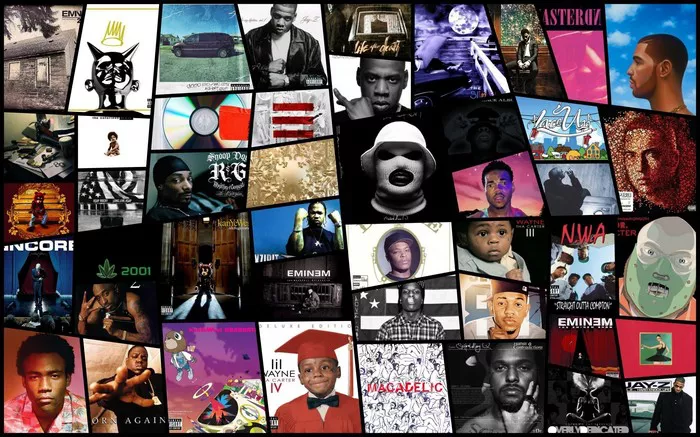What is the state of New York hip-hop according to Tony Yayo?
New York City has long been recognized as a breeding ground for hip-hop talent, producing some of the most influential and iconic figures in the genre. However, according to Tony Yayo, a rapper and member of the legendary group G-Unit, the state of New York hip-hop has seen a decline in recent years. Yayo believes that the city has been facing bad luck when it comes to nurturing successful rappers and maintaining its dominance in the rap industry.
What did Tony Yayo say about New York rap and drill music?
Tony Yayo recently expressed his opinions on the state of New York rap and his concerns regarding the rise of drill music. Drill music, a subgenre that originated in Chicago, has gained significant popularity and has been making waves across the globe. However, Yayo believes that its influence on New York hip-hop has been detrimental.
In an interview, Yayo stated, “New York rap is losing its identity. We used to have a distinct sound and style that set us apart from the rest of the rap world. But now, it feels like we’re just trying to imitate what’s already been done. And this drill music trend, it’s dangerous.”
Why does Tony Yayo believe that New York has bad luck with rappers?
Tony Yayo’s perspective on New York’s bad luck with rappers stems from his observation that many talented artists from the city have struggled to achieve mainstream success or have faced various challenges in their careers. He believes that the current hip-hop climate, driven by trends and changing tastes, has made it difficult for New York artists to stand out and maintain their relevance.
Yayo points out that while New York has produced a plethora of influential rap legends like The Notorious B.I.G., Jay-Z, and Nas, there hasn’t been a consistent flow of breakout stars in recent times. He suggests that the lack of support and infrastructure for local talent, combined with the pressure to conform to popular trends, has hindered the growth and success of New York rappers.
Furthermore, Yayo mentions the impact of social media and the rise of streaming platforms, which have changed the dynamics of the music industry. He believes that these factors have contributed to the challenges faced by New York artists, making it harder for them to gain recognition and reach wider audiences.
What is drill music, and why does Tony Yayo believe it is dangerous?
Drill music is a subgenre of hip-hop that originated in Chicago’s South Side during the early 2010s. It is characterized by its aggressive beats, violent and confrontational lyrics, and a raw, unfiltered depiction of street life. The genre often focuses on themes such as gang violence, drugs, and criminal activities.
Tony Yayo expresses concern about drill music’s impact on the youth and its potential to perpetuate a cycle of violence. He believes that the glorification of criminal behavior and the explicit content found in drill music can have detrimental effects on impressionable listeners, particularly those who come from disadvantaged backgrounds.
Yayo argues that drill music glamorizes street life and can influence individuals to emulate the negative behaviors depicted in the songs. He believes that the aggressive nature of the music, combined with its graphic lyrics, can desensitize listeners to violence and perpetuate a dangerous cycle within communities.
In addition, Yayo highlights the importance of balance and diversity in hip-hop, emphasizing that drill music’s dominance in New York is overshadowing other styles and subgenres that have traditionally been associated with the city’s rap scene. He advocates for a return to the roots of New York hip-hop and the exploration of different sounds and narratives that represent the city’s unique cultural identity.
In conclusion, Tony Yayo’s assessment of the state of New York hip-hop reflects his concerns about the lack of breakout stars, the rise of drill music, and the challenges faced by local artists. While his views may be subjective, they shed light on the evolving nature of the rap industry and the need to preserve the distinctiveness of regional hip-hop scenes. Whether or not his beliefs hold true in the long run, the conversation surrounding New York’s rap legacy and its future trajectory remains an ongoing and passionate topic among music enthusiasts.

